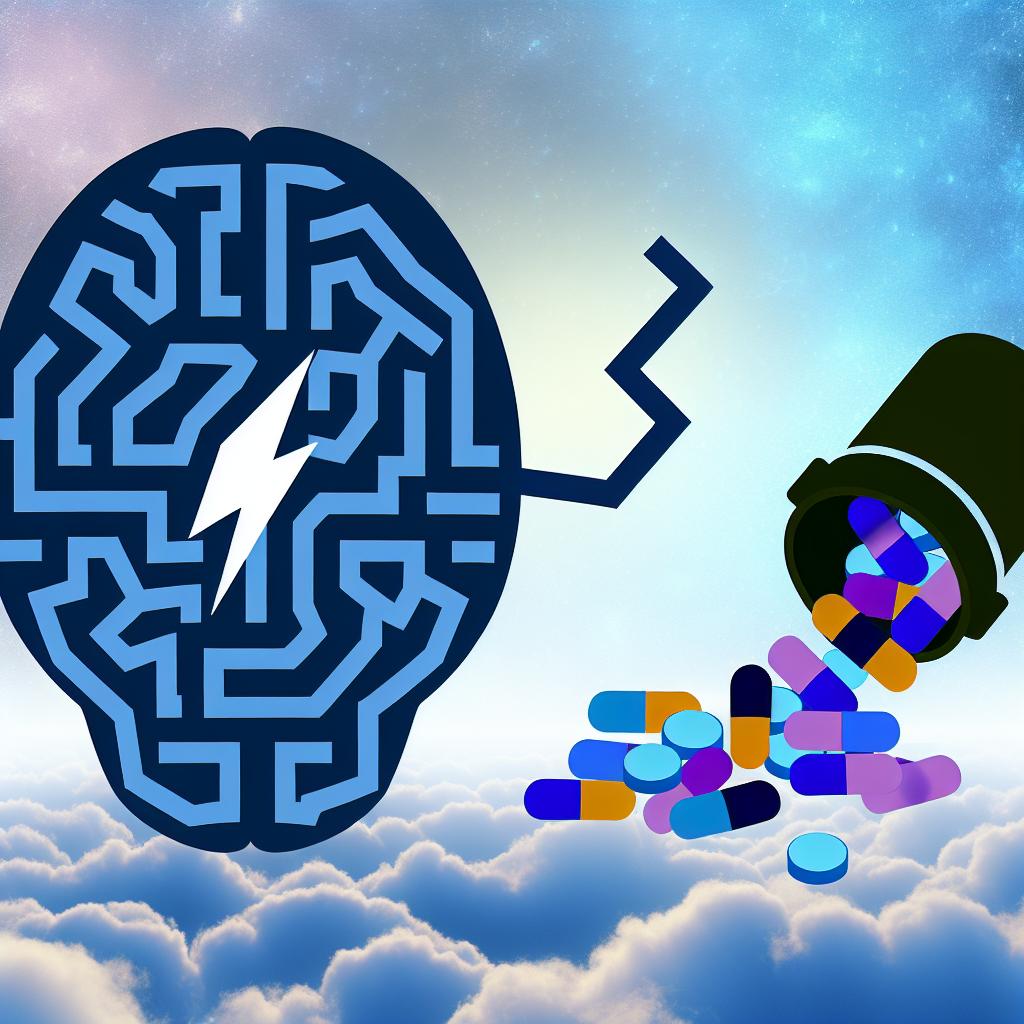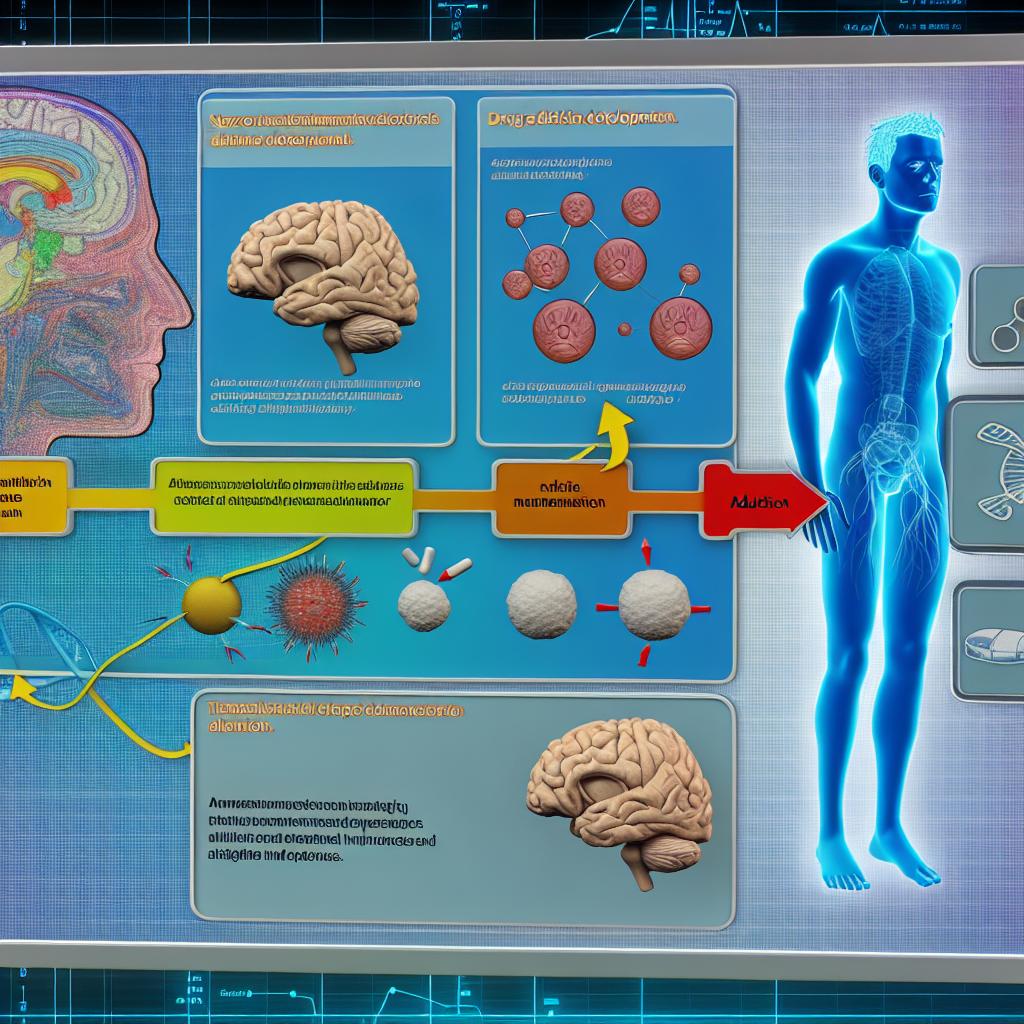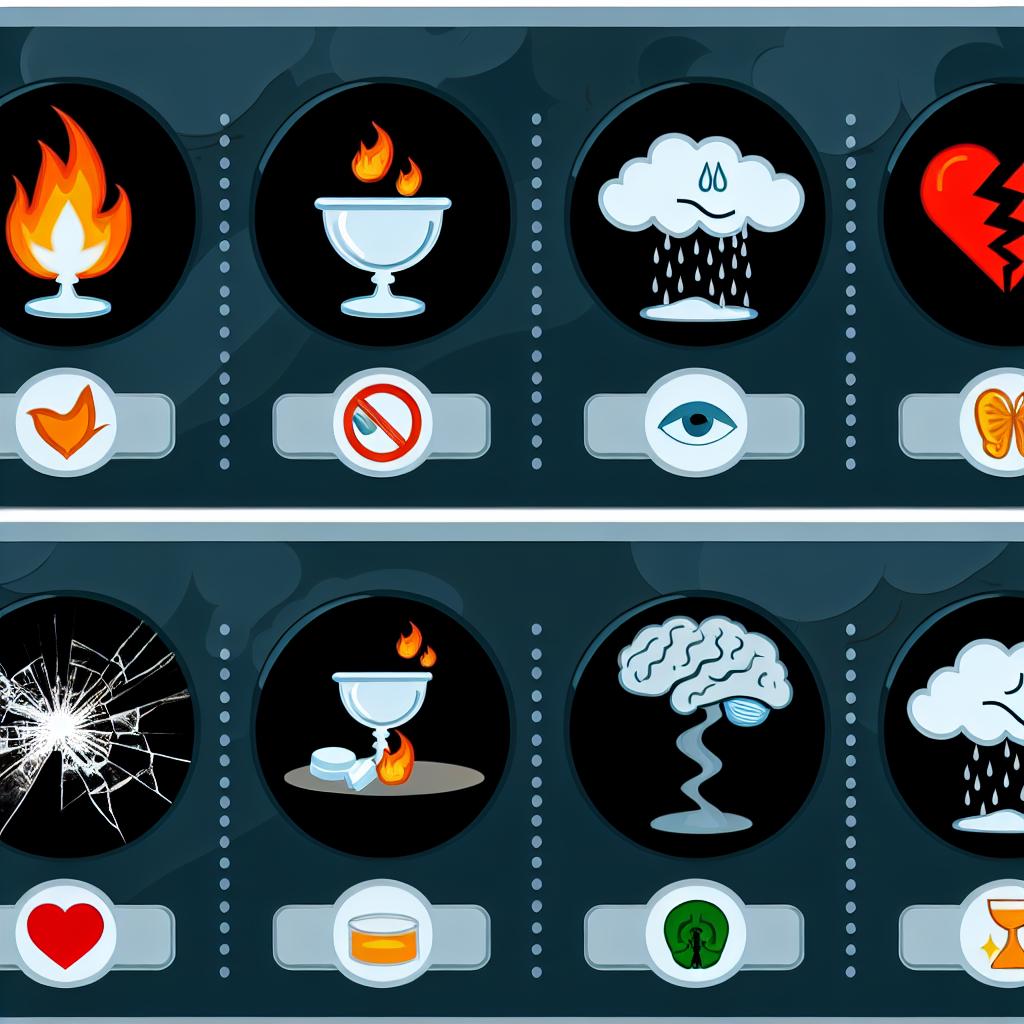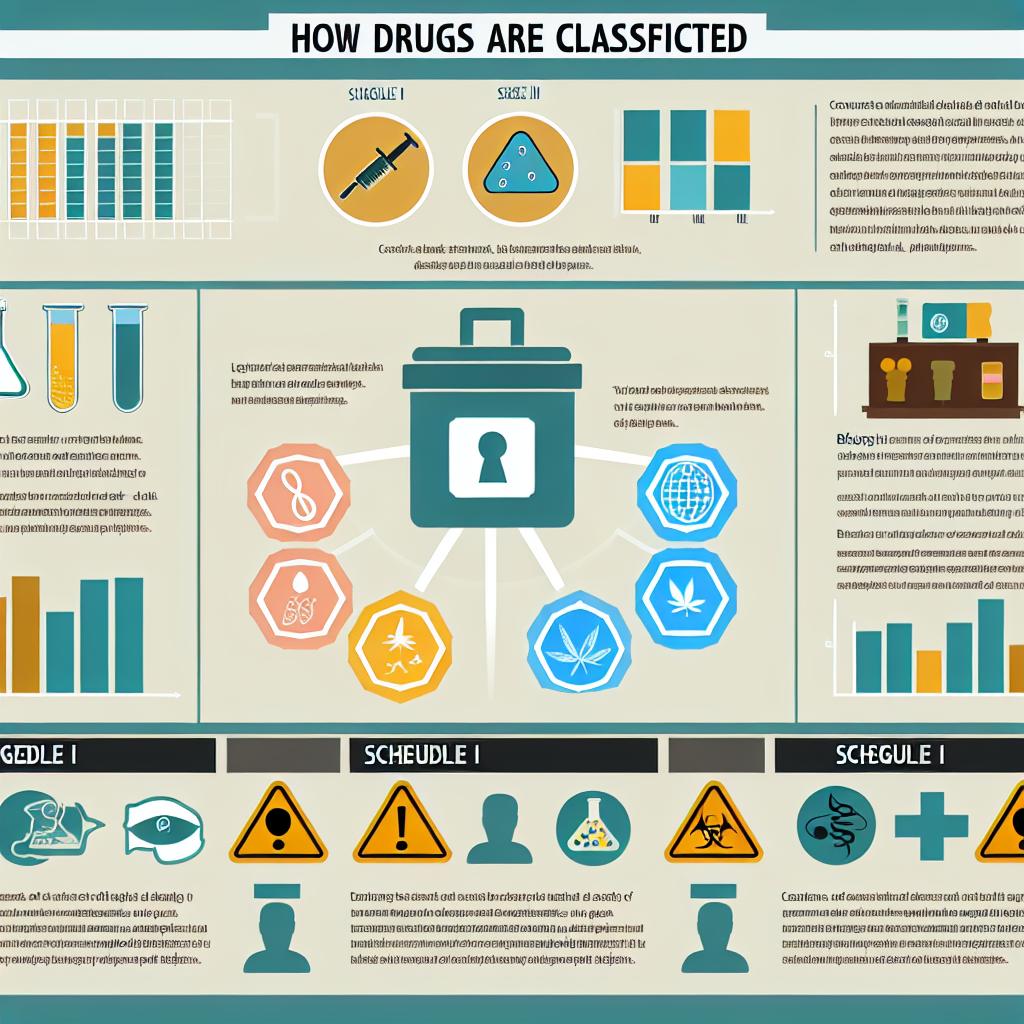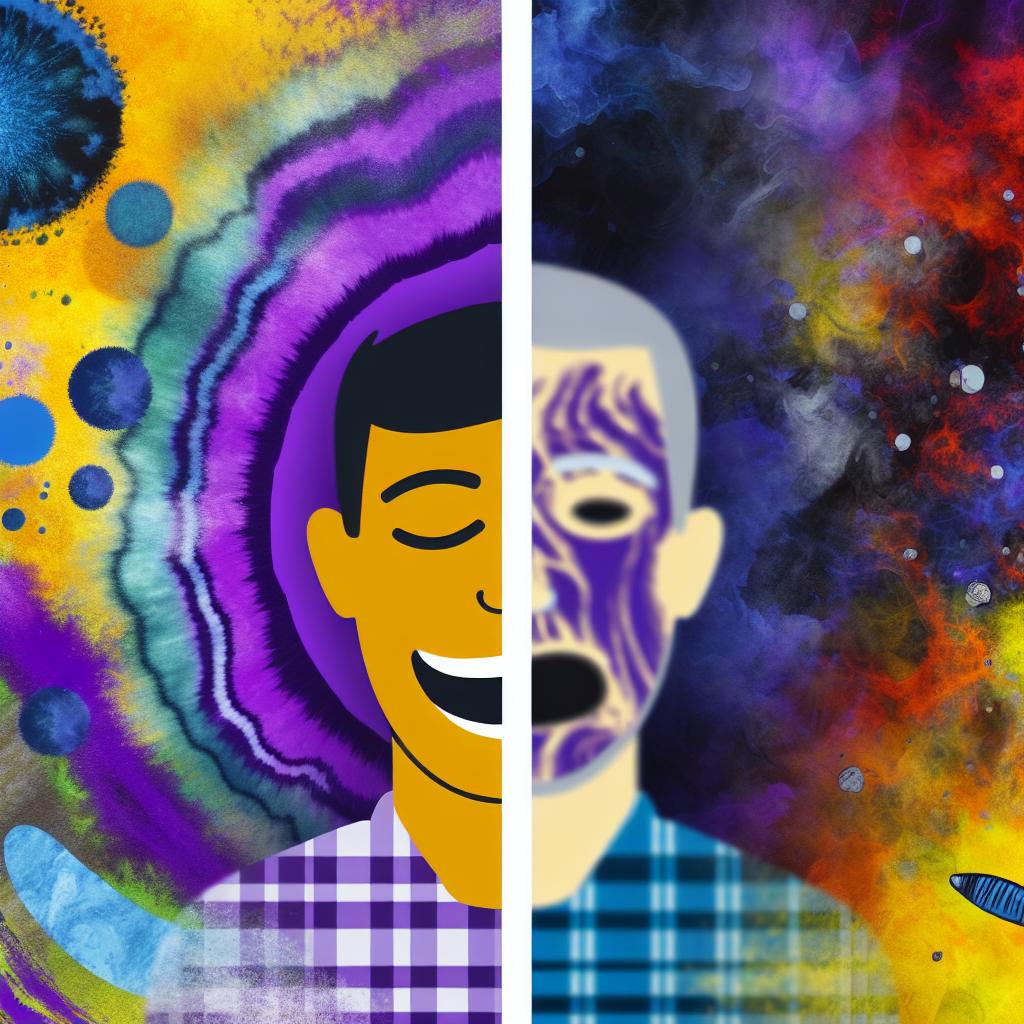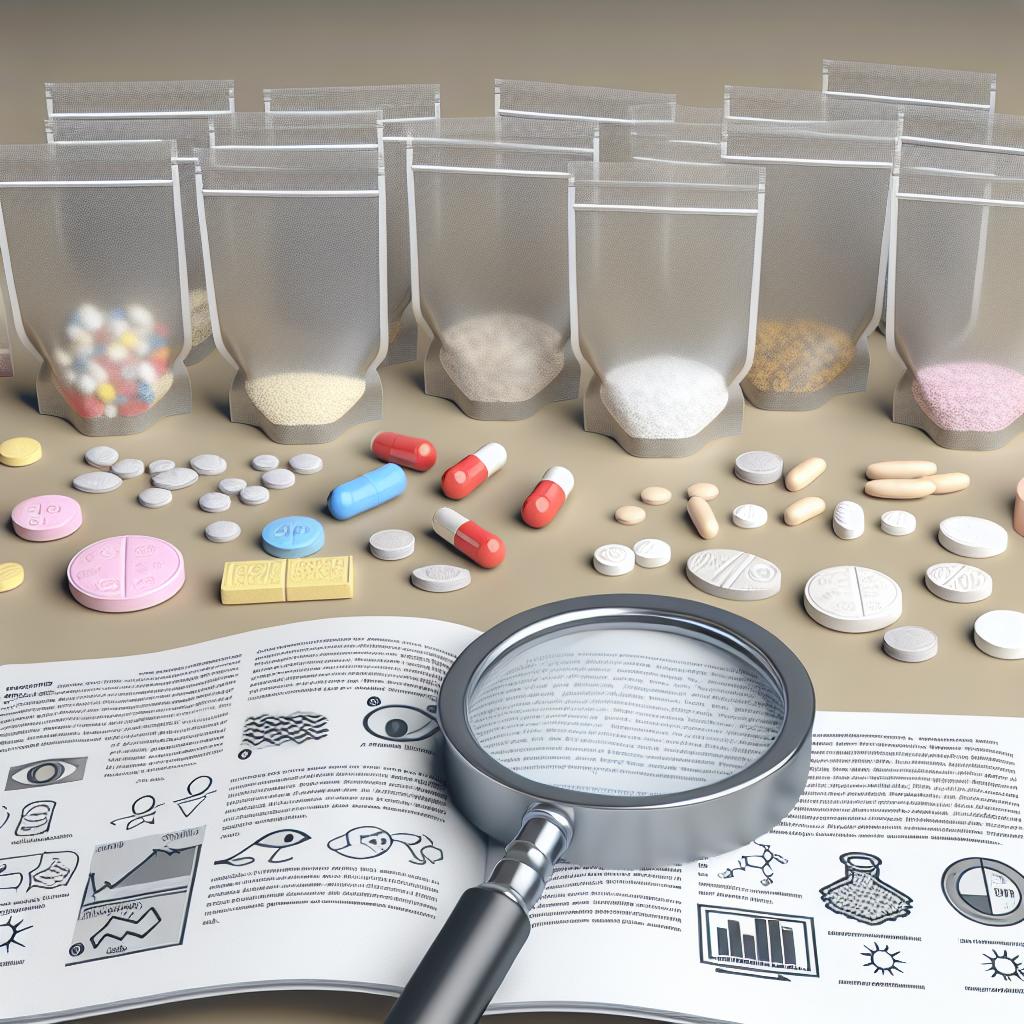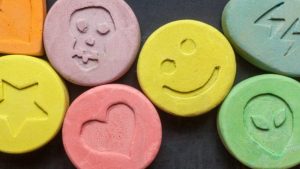The Connection Between Mental Health and Illegal Drug Use
The intricate relationship between mental health and illegal drug use is multifaceted, involving an intersection of psychological, physiological, and environmental factors. This connection can manifest in various ways, where mental health conditions may drive individuals toward drug use, or where drug use can worsen or trigger mental health disorders. Understanding this relationship is crucial for developing effective prevention and treatment strategies.
Mental Health as a Precursor to Drug Use
Individuals grappling with mental health disorders such as depression, anxiety, or bipolar disorder may resort to illegal drugs as a method of self-medication. This practice often represents an attempt to alleviate distressing symptoms temporarily. Studies indicate that mental health disorders can increase the likelihood of substance use disorder development, with some research suggesting that individuals with mental health conditions are more susceptible to the effects of drugs, potentially leading to harmful usage patterns.
The Role of Stress and Trauma
Stress and trauma significantly contribute to the link between mental health issues and illegal drug use. Experiences such as abuse, neglect, or traumatic events can lead to psychological distress. For some, drugs offer brief relief or numbing from past trauma, particularly observable in populations with high exposure to adverse experiences.
Genetic and Environmental Influences
Genetic predispositions can also influence the co-occurrence of mental health disorders and drug use. Certain genetic markers may make individuals more vulnerable to both conditions. Moreover, environmental factors such as family dynamics, peer influences, and socioeconomic status can exacerbate these risks. Children in environments where drug use is rampant may become desensitized, potentially engaging in drug use at an early age.
Impact of Drug Use on Mental Health
Illegal drug use can significantly affect mental health, potentially leading to new disorders or worsening existing ones. The physiological effects drugs have on the brain can alter mood, perception, and behavior. Prolonged use can induce neurochemical changes, complicating recovery from mental health issues.
Specific Drugs and Their Effects
Various drugs have distinct impacts on mental health. Stimulants like cocaine can heighten anxiety and cause paranoia, while depressants like heroin can worsen depressive symptoms. Chronic use of hallucinogens might lead to long-term psychosis or mood disorders, underscoring the necessity of understanding these effects for effective interventions.
The Dual Diagnosis Challenge
The simultaneous presence of a mental health disorder and a substance use disorder, termed dual diagnosis or co-occurring disorder, presents unique challenges. Effective treatment requires addressing both conditions concurrently. Integrated treatment approaches catering to both mental health and substance use are paramount for successful recovery outcomes.
Environmental and Societal Factors
The environment and society play considerable roles in the relationship between mental health and drug use. Socioeconomic pressures, including unemployment, poverty, and lack of access to education, can compound stress, fostering environments where drug use becomes an attractive escape. Media portrayal of drug use can also influence perceptions and behaviors, sometimes glamorizing or normalizing the use of illegal substances.
Cultural and Community Influences
Cultural attitudes towards drug use and mental health significantly impact how individuals approach these issues. In some cultures, there may be stigma associated with mental health problems, leading individuals to seek solace in drugs rather than professional help. Conversely, support within a community can decrease the likelihood of drug use among its members by promoting healthy coping mechanisms and resilience.
Strategies for Prevention and Treatment
Addressing the interconnectedness of mental health and drug use requires a multifaceted strategy. Preventive measures should include education campaigns that raise awareness about the risks associated with drug use and mental health disorders. Schools and communities can play pivotal roles in providing support systems and resources to young individuals to help them navigate these challenges without turning to drugs.
Therapeutic Interventions
For individuals already experiencing co-occurring disorders, therapeutic interventions should focus on personalized care plans that address both mental health and substance use issues. Cognitive-behavioral therapy (CBT) and other evidence-based therapies can be effective in treating co-occurring disorders by helping individuals develop healthier coping mechanisms and addressing the root causes of drug use.
The Importance of Continued Research
Ongoing research into the relationship between mental health and drug use is essential for enhancing treatment methodologies and prevention strategies. Understanding the genetic, neurobiological, and environmental inputs that contribute to these conditions can lead to the development of innovative therapeutic approaches.
Conclusion and Moving Forward
The intricate connection between mental health and illegal drug use necessitates a comprehensive approach to treatment and prevention. By addressing the underlying mental health issues and understanding the role of environmental and genetic factors, it is possible to mitigate the risks associated with drug use. Continuous research and improved therapeutic interventions are critical in tackling these intertwined issues. For those seeking more detailed information on mental health and drug use, exploring resources from reputable health organizations or seeking advice from healthcare professionals is recommended.

